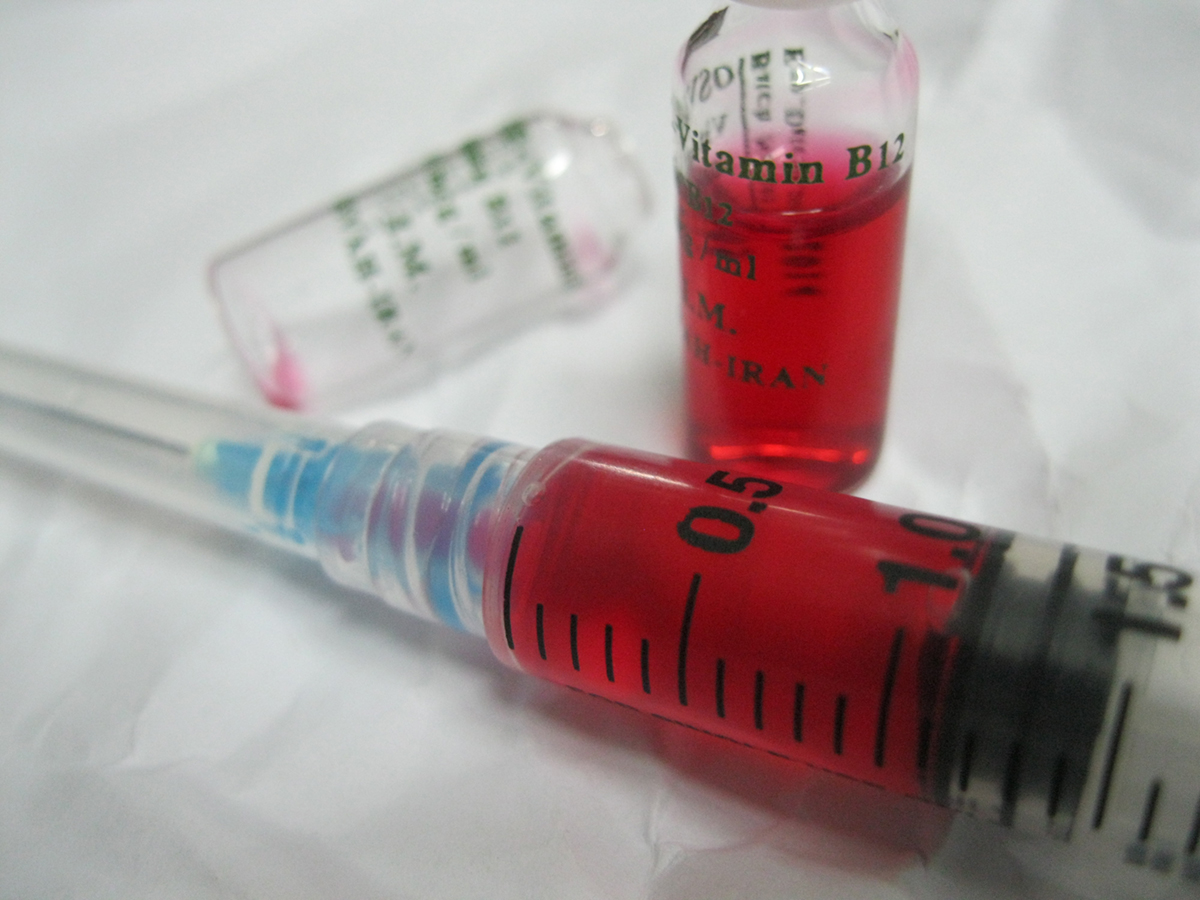
Information on Vitamin B12
Vitamin B12 is a very important vitamin and it is a vital part of numerous different types of metabolic activities which take place in the human body. Vitamin B12 is soluble in the water and it has perhaps the most complicated chemical structure of all different types of vitamins. The human body requires the vitamin B12 so that it can form the red blood cells, divide the cells and develop the nerve cells in a proper manner.
Vitamin B12 is also very important when it comes to the metabolism of fat, protein and carbohydrates. There is no species of plants or animals that can produce vitamin B12. The only living creatures capable of producing vitamin B12 are certain types of microorganisms such as yeasts, fungi, molds and bacteria.
Certain types of microorganisms located in the large intestine of the animals actually produce vitamin B12. In order to utilize vitamin B12 in a proper way the human body relies on the intrinsic factor, a protein which is produced in the stomach. When a person suffers from intrinsic factor deficiency the human body is unable to absorb the vitamin B12.
Vitamin B12 deficiency can be affiliated with numerous different types of harmful symptoms such as nervousness, general weakness, numbness, heart palpitation, tingling sensations in the feet, menstrual problems, depression, memory problems and fatigue.
Food Sources of Vitamin B12
Animals can store larger amounts of vitamin B12 than the plants. The vitamin gets stored in the liver which means that the liver of several species of animals is a remarkable source of vitamin B12. Snapper and calf’s liver are among the best sources of vitamin B12. Other excellent sources of vitamin B12 include beef, yogurt, scallops, cow’s milk, salmons, boiled eggs, shrimp and tuna.
Plants cannot produce any vitamin B12 and they cannot store it as good as animals do. Vitamin B12 in plants can be found in the roots and the soil in which they grow.
Plant sources of vitamin B12 commonly include certain types of cultured and fermented products such as miso, nutritional yeasts, tofu, fortified cereals, tempeh, shoyu and tamari. Other sources of vitamin B12 may include certain species of seaweeds and sea vegetables. Vitamin B12 can also be purchased in a supplemental form.
Most vitamin B12 supplements available on the market contain it in the form of Cyanocobalamin. Vitamin B12 may be associated with nerve damage, anemia and certain other types of medicalconditions.







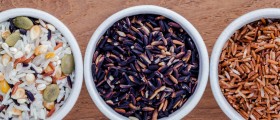
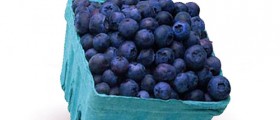


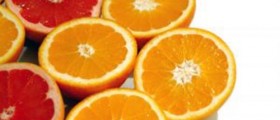
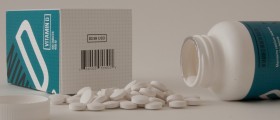
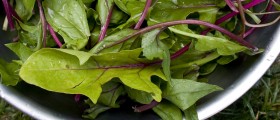



Your thoughts on this
Loading...